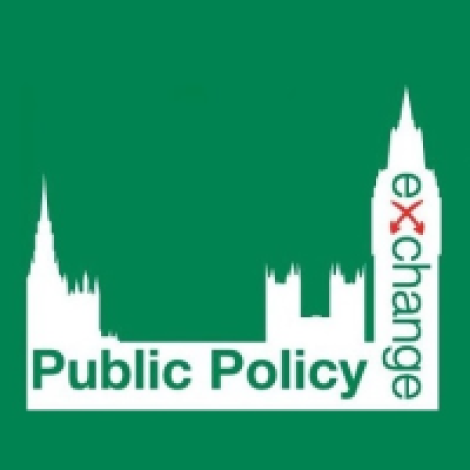The tourism industry is of great socio-economic importance for the European Union, accounting for 10% of EU GDP and employing about 12 million people (Eurostat, 2015). According to the latest report by the United Nations World Tourism Organization (UNTWO), a market share of 40.3% of the global international tourist arrivals are directed to the EU-28, making Europe the most sought-after destination in the world. Eurostat data published in January 2017, further confirms the good health of EU tourism, indicating that the number of nights spent in tourist accommodation establishments rose by 4% in 2015, totalling 2.8 billion.
In recognition of the industry’s significant role in driving pan-European job creation and economic growth, the European Commission has introduced various initiatives, particularly aimed at promoting sustainability, accessibility, culture, and at boosting low season and coastal tourism. The Virtual Tourism Observatory, the Digital Tourism Network, and the tourism managing tool, European Tourism Indicators System (ETIS), have been established to modernise European tourism and improve connectivity and competitiveness. In addition, the campaign ‘Europe. Wonder is all Around’ has provided an innovative platform for promoting a plethora of diverse, sustainable and high quality travel destinations across the continent.
As tourists become more independent, connected and conscious of sustainability issues, Europe needs to embrace, and adapt to, their changing profile and priorities, and become better at promoting so-called smart destinations. New technologies moreover offer challenges and opportunities for European tourism. Whilst businesses need to adopt the latest digital technologies to remain competitive, research demonstrates that the smaller the business, the lower the rate of adoption of digital technologies (Report of the Strategic Policy Forum on Digital Entrepreneurship, 2016). In addition to digitising the sector, Europe needs to take opportunities to integrate culture and technology in new and innovative ways, targeting strategic investment in areas where it can be a world leader, such as cultural tourism.
This symposium will provide delegates with an invaluable opportunity to analyse the strategic role for the tourism sector in supporting economic and employment growth in Europe, and consider how opportunities offered by cultural tourism can be capitalised upon. Attendees will also scrutinise the challenges and prospects associated with the digitalisation of the sector and explore how ICTs can be better integrated into tourism and travel related services. The symposium will promote the exchange of ideas and encourage delegates to engage in thought-provoking debate.
When
4 Jul 2017 @ 10:00 am
4 Jul 2017 @ 04:30 pm
Duration: 6 hours, 30 minutes
Where
Thon Hotel Brussels City Centre
Avenue du Boulevard 17
Belgium
Language
English en
